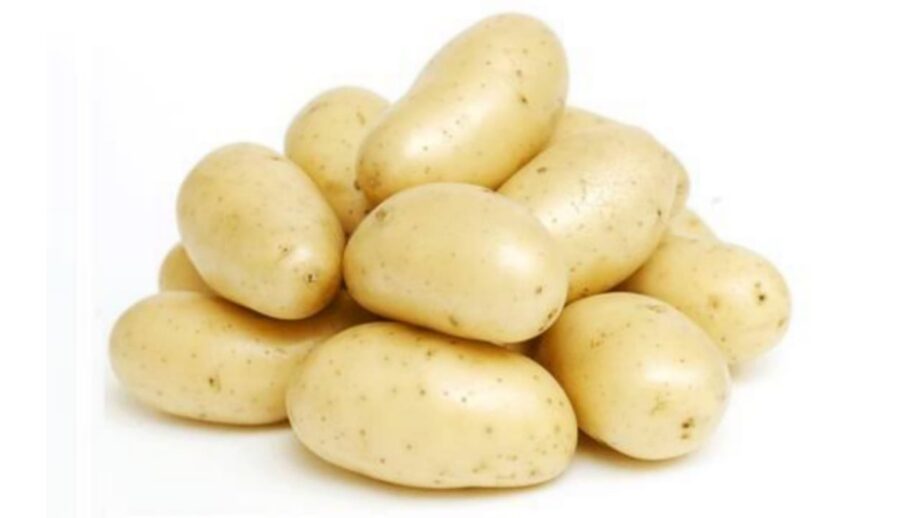Potatoes are the fourth most consumed crop in the world, behind rice, wheat and corn. Potatoes are often seen as comfort food — mostly crisply fried in vegetable oil or mashed with butter and sour cream. But when cooked in these ways, they can lead to diabetes, weight gain, and heart disease.
Here are some benefits a potato
Blood pressure
For a variety of reasons, potatoes may help reduce blood pressure. By binding with cholesterol in the blood, the fibre present in potatoes may help decrease cholesterol. “We excrete it after it binds.” All Potatoes are high in potassium. Potassium is a mineral that aids in the reduction of blood pressure.
The health of the nervous system and the functioning of the brain
Potatoes are high in B6 vitamins, which are essential for brain health. Vitamin B6 aids in the production of important brain chemicals such as serotonin, dopamine, and norepinephrine. This suggests that potatoes may assist with sadness, stress, and even attention deficit hyperactivity disorder (ADHD) (ADHD).
Immunity
Potatoes are high in vitamin C, with roughly 45 percent of the recommended daily requirement per medium baked potato, which can help prevent everything from scurvy to the common cold
Inflammation
Some people believe that potatoes and other nightshade vegetables, such as eggplants, tomatoes, and peppers, cause arthritic flare-ups. However, there is only a smattering of scientific evidence to back up this theory. According to several studies, these vegetables may truly aid in the reduction of arthritic symptoms.
Digestion
The most significant health benefit provided by potatoes is their ability to aid digestion due to their high fibre content. Potatoes’ high carbohydrate content makes them easier to digest, while their fibre-rich skin can help keep you regular.
Heart health
Because of their high fibre content, potatoes give your heart lots of reasons to swoon. Fibre aids in the removal of cholesterol from blood vessels; vitamins C and B6 aid in the reduction of free radicals; and carotenoids aid in the maintenance of appropriate cardiac function. B6 is also important in the methylation process, which transforms the potentially harmful chemical homocysteine into methionine, a component of new proteins, among other things. Homocysteine can damage blood vessel walls in excess, and high levels are linked to a higher risk of heart attack and stroke.
Skin care
Vitamin C, vitamin B6, potassium, magnesium, zinc, and phosphorus, according to Organic Facts, can all help keep skin as smooth and creamy as mashed potatoes. All of these nutrients can be found in potatoes.


